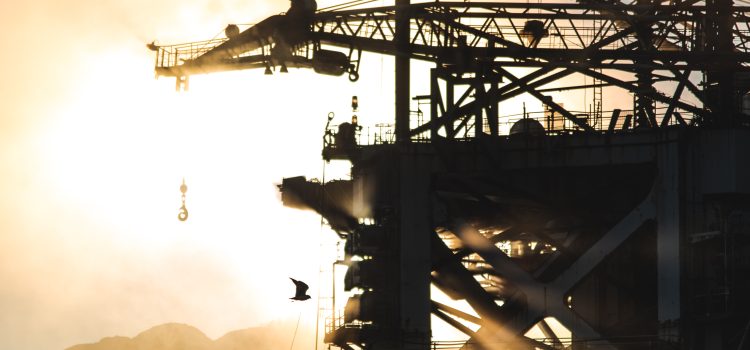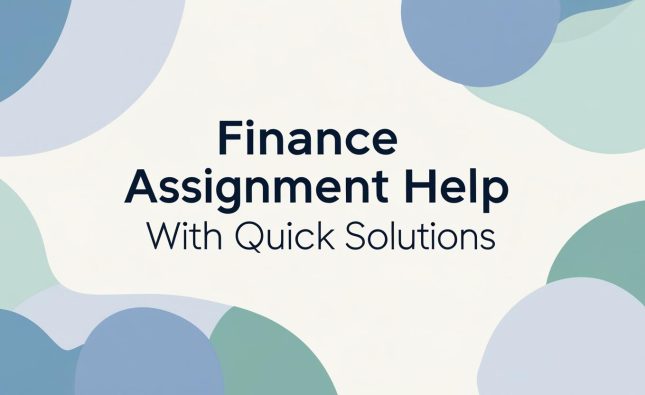
Introduction
The world is still recovering from the last financial crisis that shook the global economy in 2008. However, with recent economic indicators pointing towards an impending crisis, it’s time to ask ourselves: Are we headed towards another financial meltdown? In this blog post, we will explore the various factors that could contribute to a new economic disaster and how energy consumption may play a crucial role in preventing or exacerbating it. So buckle up and let’s dive into this important topic!
What Caused the Last Financial Crisis?
The last financial crisis, also known as the Great Recession, was a devastating event that shook the global economy. It all started in 2008 when the housing market bubble in the United States burst and led to a chain reaction of events that ultimately caused a worldwide economic downturn.
One of the main causes of this crisis was irresponsible lending by banks and other financial institutions. They were providing mortgages to people who could not afford them, leading to an increase in subprime loans. These loans were bundled together into complex securities and sold on to investors around the world.
The rating agencies gave these securities high ratings, despite their risky nature, which made them more attractive for investors looking for higher returns. As defaults increased on these subprime loans, it became clear that they were not worth what had been promised.
This sparked panic among investors who realized they’d invested heavily in something with little value or liquidity. This triggered widespread bank failures and forced governments to step in with massive bailouts as well as unprecedented monetary policy measures.
Thus, greed coupled with poor regulation allowed Wall Street firms such as Lehman Brothers and Bear Stearns – both major players in creating these toxic assets – collapse under their own weight eventually taking down much of the global economy along with them.
What are the Economic Indicators of an Impending Crisis?
The global economy is always in a state of flux, and it can be challenging to predict the future with any certainty. However, there are certain economic indicators that we can look for to determine whether an impending crisis could be on the horizon.
One such indicator is inflation. Rising prices lead to higher costs for businesses and consumers alike, which can slow down economic growth if left unchecked. Another important factor is interest rates; when they rise too quickly or too high, it becomes more difficult for people and businesses to borrow money, which also slows down growth.
Another critical metric economists often consider is unemployment rates. If unemployment increases rapidly over short periods, consumer spending will decrease due to individuals’ reduced purchasing power leading to slower overall GDP growth.
In addition to these traditional indicators of an impending financial crisis stock market fluctuations may indicate a possible looming recession as well. Stock markets are highly sensitive barometers that reflect investors’ sentiment regarding current as well as future market conditions.
While no single indicator can conclusively predict another financial crisis’s occurrence combining all metrics provides a clearer picture of potential economic turmoil on the horizon
How Does Energy Consumption Play a Role?
Energy consumption plays a crucial role in the global economy, and it can also be an indicator of an impending financial crisis. High energy demands from industries and households require constant supply, which means that any disruption to this supply can have severe consequences on the economy.
Furthermore, fluctuations in energy prices can have a significant impact on inflation rates and consumer spending habits. When prices rise too high or become too unstable, consumers may choose to reduce their spending on other goods and services, leading to economic downturns.
Additionally, countries heavily reliant on fossil fuels may face political challenges due to concerns about climate change. Government policies aimed at reducing carbon emissions could lead to reduced demand for certain types of energy production methods like coal-fired power plants or oil drilling operations.
Energy consumption is closely linked with the global economy’s health and stability. Any disruptions or changes in how we produce or consume energy could potentially trigger another financial crisis if not properly managed by policymakers worldwide.
What are the Political Implications of Another Crisis?
The political implications of another financial crisis would be immense. Governments around the world would have to deal with the fallout, which could potentially lead to social unrest and political instability. We’ve already seen how economic downturns can fuel populist movements and anti-establishment sentiment.
In addition, governments may find themselves having to bail out major corporations or banks once again, which could further erode public trust in institutions. This was a major issue during the last financial crisis, with many people feeling that their tax dollars were being used to prop up wealthy bankers and executives.
Another potential consequence is increased regulation and oversight of financial markets. While this may be necessary to prevent future crises from occurring, it could also stifle innovation and growth in certain sectors.
There could be geopolitical implications as well. The last financial crisis led to a global recession that impacted countries around the world. If another crisis were to occur, we could see increased tensions between nations struggling for resources and power.
The political implications of another financial crisis are significant and far-reaching. It’s important for governments around the world to take steps now to mitigate risk and prepare for any potential fallout down the road.
Conclusion
The possibility of another financial crisis is a concern that cannot be ignored. While past economic indicators have shown signs of an impending collapse, energy consumption has emerged as a new factor to consider. The world’s reliance on fossil fuels and its impact on the climate change could lead to disastrous consequences for the global economy.
It is important for leaders in government and business to take proactive measures by investing in renewable energy sources and reducing carbon emissions. Additionally, it is crucial to address income inequality and strengthen regulations to prevent greed-driven decisions from causing another financial meltdown.
By working together towards sustainable development goals, we can create a more resilient global economy that benefits all people while protecting our planet’s natural resources for future generations. It is time for us to act now before it’s too late!










